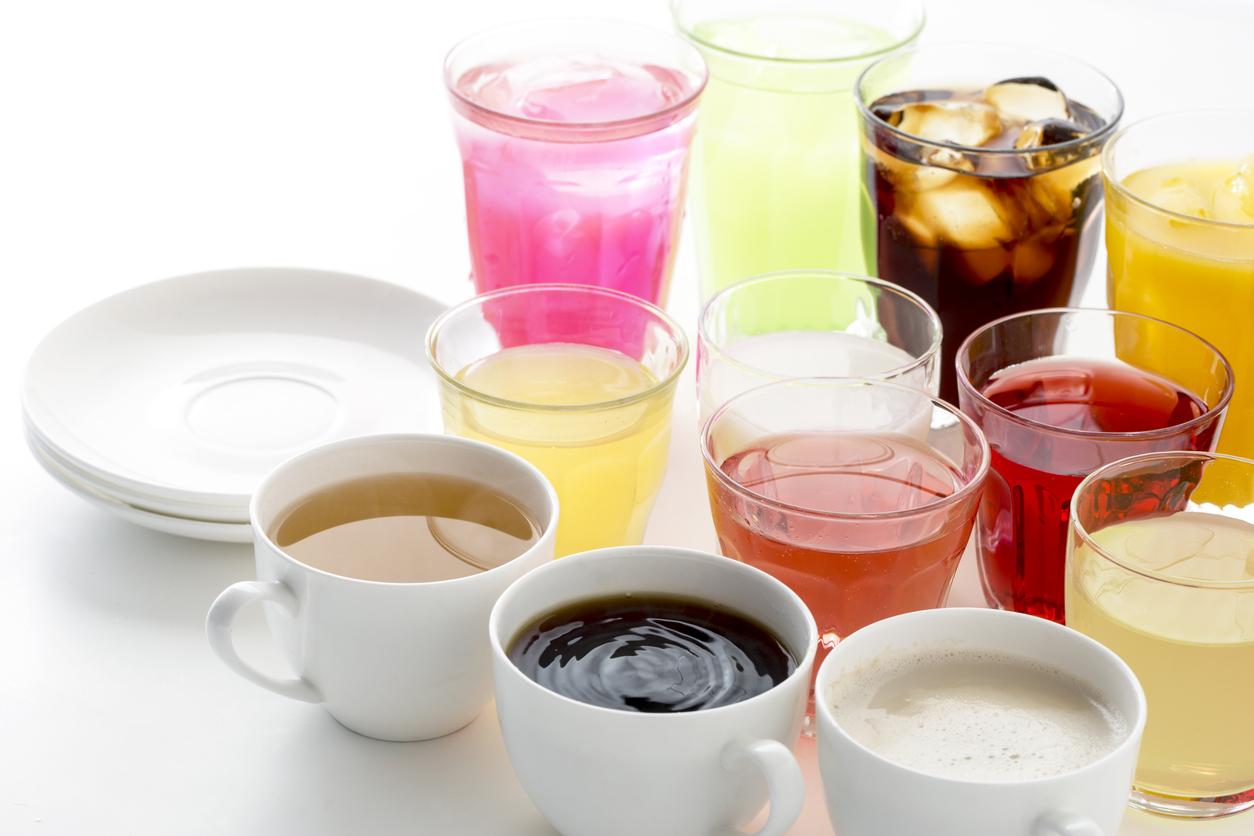When it comes to coffee, the studies follow each other and are not alike. While Americans boasted the benefits of coffee on erectile function, a report by the European Food Safety Agency (Efsa) tempers the ardor of addicts to small black. Drinking too much coffee poses a health risk, warns the European health authority. It is more precisely the caffeine which poses a problem. It is suspected of promoting “cardiovascular disease, central nervous system problems (e.g. interrupted sleep and anxiety) and possible risks to the health of the fetus“, specifies Efsa. This invites to “better take into account the different sources of caffeine”, whether coffee, sodas or energy drinks.
When does caffeine pose a health risk? The Agency pleads for the setting of daily doses not to be exceeded. It suggests that an average individual does not exceed more than 400 mg of caffeine per day, while an espresso has 70 to 100 mg, according to EFSA calculations.
Less than 6% of heavy caffeine consumers in France
No more than four espressos per day on average. A limit that differs for pregnant women and those under 18, subject to a special diet: no more than 200 mg for pregnant women, fetal health requires. And no more than 3 mg per kilogram of body weight for children and adolescents.
EFSA draws up an inventory of caffeine consumption in the European Union. Denmark and the Netherlands are the countries where caffeine is abused the most with respectively 33% and 17.6% of heavy consumers (more than 400 mg per day per inhabitant). France, for its part, accounts for 5.8%.
>> To read also:5 cups of coffee increase the risk of obesity
Coffee: friend or foe?















